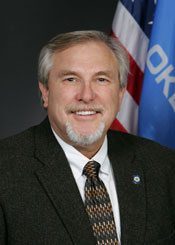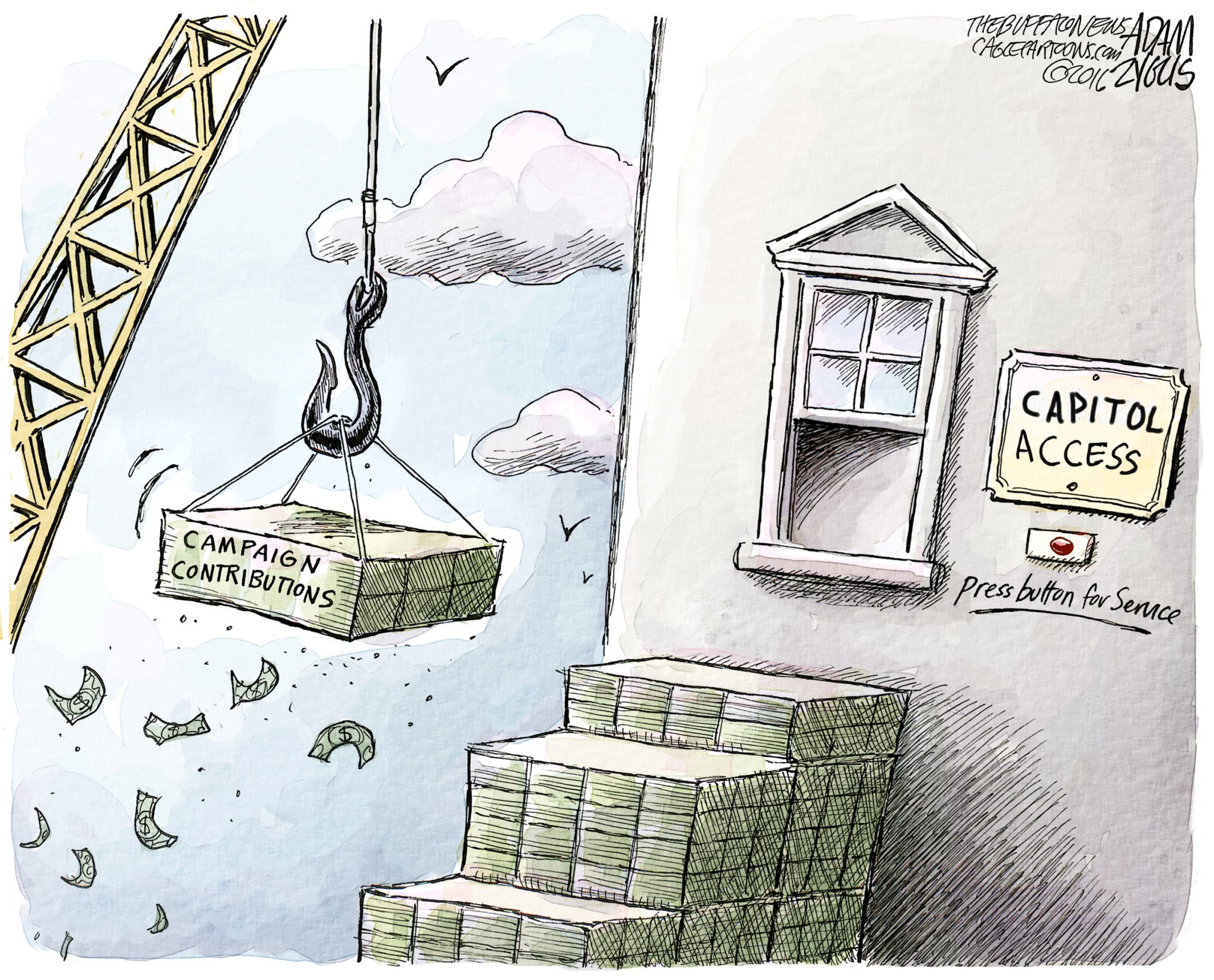BY DAVID PERRYMAN
 Fitchburg, MA’s most recent claim to fame is its use by J.K. Rowling in the Harry Potter series as the fictional home of the Fitchburg Finches, one of only two professional Quidditch teams in the U.S.
Fitchburg, MA’s most recent claim to fame is its use by J.K. Rowling in the Harry Potter series as the fictional home of the Fitchburg Finches, one of only two professional Quidditch teams in the U.S.
Earlier, Fitchburg in 1961 was the filming location of Return to Peyton Place, a scandalous soap operatic movie sequel. However, Fitchburg’s most enduring place in history is that it was there 160 ago this month, in December 1856, that an extensive fire displaced a number of merchants. Among those affected was Maraton Upton, a seller of dry goods.
In what could have been just another economic setback in a pre-Civil War New England community, Mr. Upton persevered and coined a new phrase. He moved his remaining stock to No. 9 Rollstock Block and declared an “Extraordinary Fire Sale,” inviting customers to stop by and examine goods that were “still warm.”
When public property or property over which public officials exercise control is the subject of a “fire sale” the transaction must be carefully examined for collusion or patronage. The recipient of public funds or property must be fairly selected in an open and transparent manner and the “deal” must be free of kickbacks.
In 1933, the Oklahoma Legislature found that many employers, because they were new or their enterprises posed great risk to their employees, faced difficulty and in some cases impossibility in securing workers compensation insurance on the private market. Since the law required all employers to provide workers compensation insurance, it was incumbent upon the state to create a workers compensation insurer of last resort. In 2001, the name was changed from State Insurance Fund to CompSource Oklahoma, but its mission remained the same.
In 2009, according to an Oct. 7 Associated Press article, the Legislature faced a budget shortfall and was approached by insurance industry representatives who saw a way to benefit financially from the privatization of CompSource. A legislative panel was told that the sale of the 76-year-old agency could generate up to $200 million for the state’s general fund. Ultimately, in 2013, the Legislature privatized CompSource and the Oklahoma Supreme Court ruled that the assets of CompSource belonged to policyholders and were not available for deposit in the general fund.
In a puzzling move, the Oklahoma Office of Management and Enterprise Services [OMES] promptly directed state agencies [the largest single block of policyholders] to move their workers compensation coverage from CompSource. By doing so, the state agencies were no longer policyholders and not eligible to share in the hundreds of millions of dollars of CompSource assets.
As a result, the state received no money and rural fire departments, new companies, state agencies and high-risk workplaces lost the benefit of affordable premiums and the millions of dollars of CompSource assets devolved to unidentified policyholders.
In 1935, the Oklahoma Legislature created the Grand River Dam Authority [GRDA]. In 2013, Gov. Fallin formed a task force to study its sale with estimates that it would generate up to $1 billion in one-time revenue. This year, legislators facing an even greater budget hole found the temptation too great and have announced legislation that would allow the GRDA to be sold.
However, the GRDA enabling legislation is very similar to the enabling legislation of CompSource. Also, both were formed as non-profit entities that never received state appropriations.
The GRDA is not only an essential supplier of electricity for 24 counties in Oklahoma and in three other states, it keeps the price of power affordable in a depressed region that needs that edge for economic and community development. In addition, the GRDA manages water consumption by 700,000 people, irrigation, navigation and recreation. It invests in water quality, fish and wildlife enhancement, public safety, lake patrols, land use management and air quality improvements. It is much more than an “asset” to be sold to fill a budget gap.
The Grand River Dam Authority is working like it was designed to work and its sale has the potential of rendering devastation to the economy of Northeastern Oklahoma.
When CompSource was privatized, the Legislature placed the financial interest of insurance companies over the harm to state agencies, small and new businesses and volunteer fire departments.
Here is hoping that this time around, the Legislature considers the harm to the people of Oklahoma instead of making its decision based on the source of campaign contributions.
While Quidditch is not played in Oklahoma and we don’t have a town named Fitchburg, irresponsible fire sales of state assets that Oklahomans depend upon are every bit as scandalous as anything that ever happened in Peyton Place.
– David Perryman, a Chickasha Democrat, represents District 56 in the Oklahoma House








